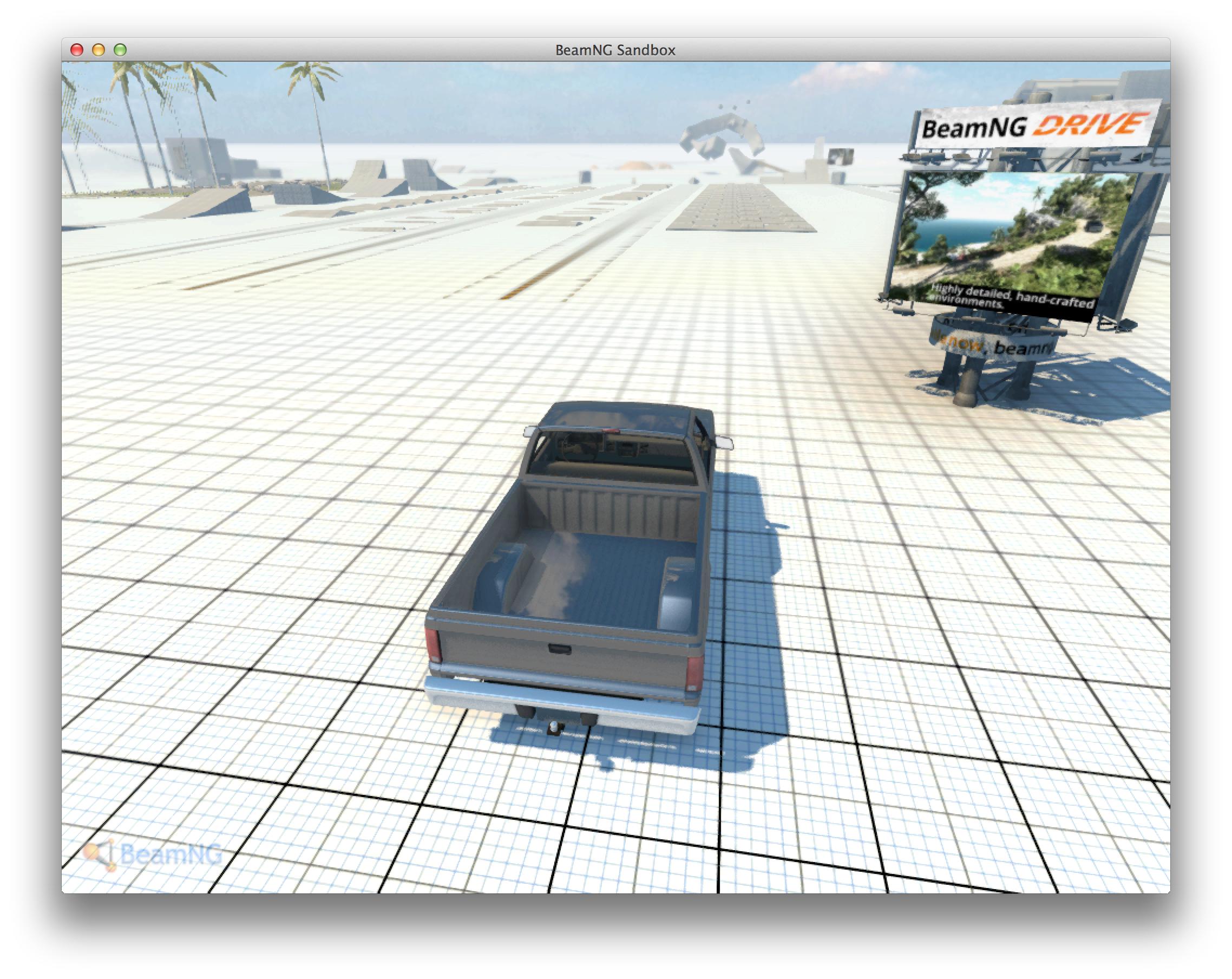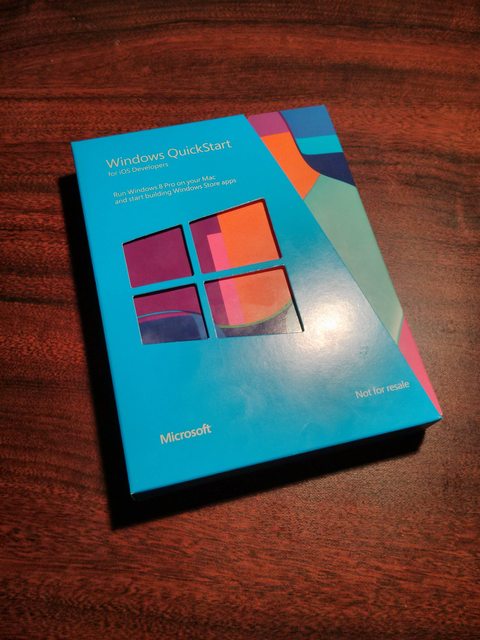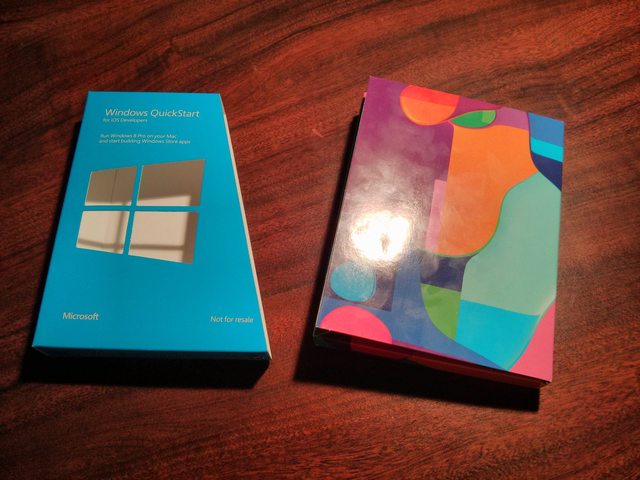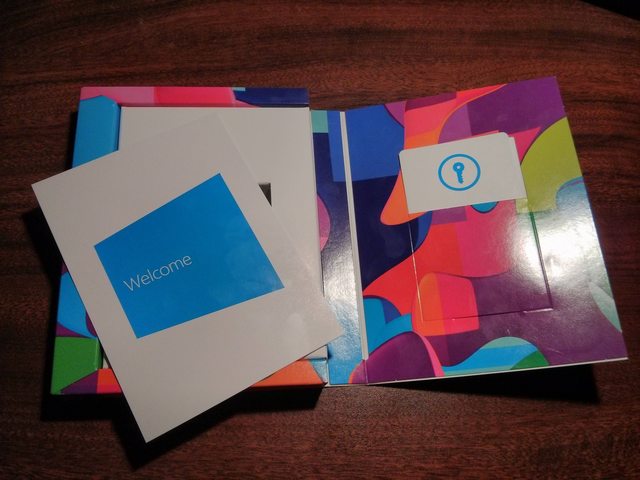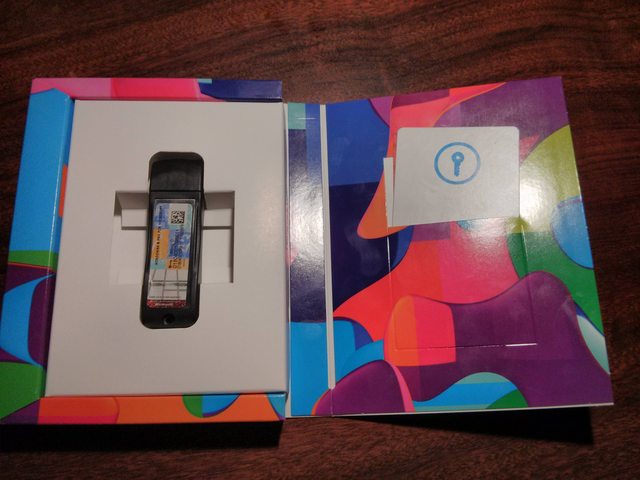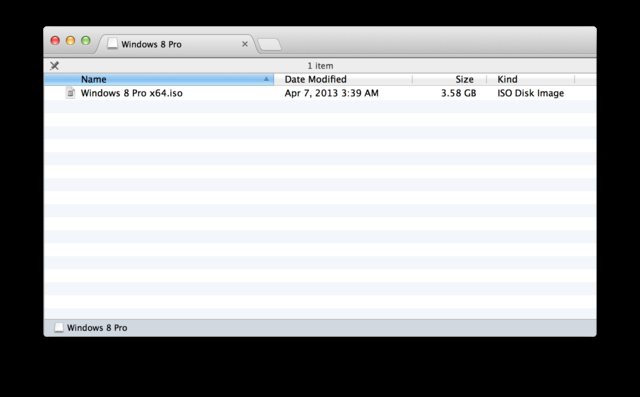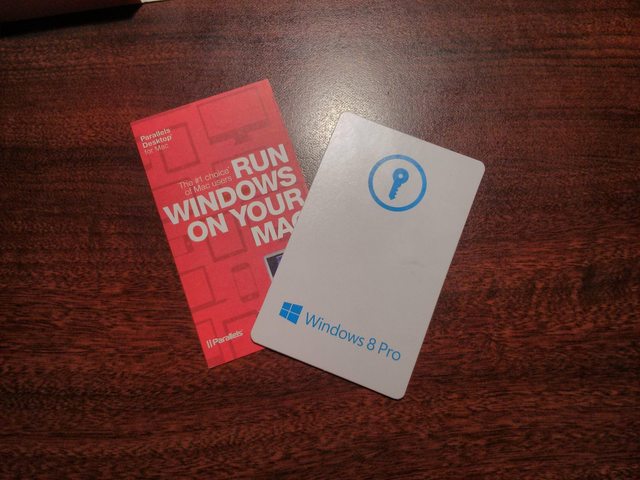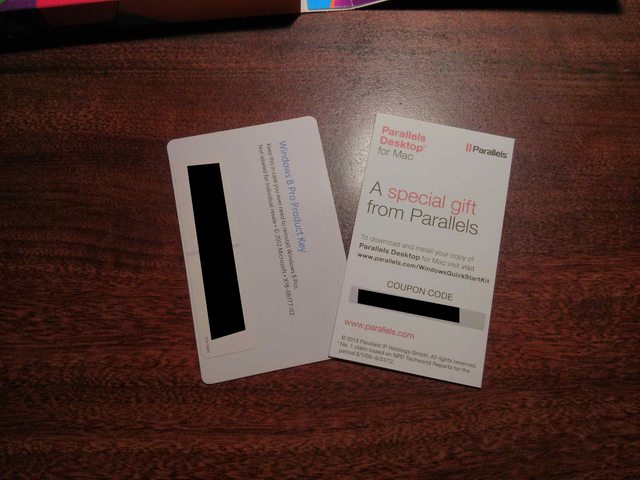Nov. 29, 2015
Switched to Hugo
Wow! I think it has been nearly two years since I last updated this blog. I have decided to change the blog a bit and port it over to hugo which is a static site generator written in Go. It is very fast compared to nanoc which I was using. I do not know if I quite agree that this is just as customizable as nanoc but it is clearly faster. I was not taking too much advantage of the previous Foundation based flexibility of the nanoc site and I believe it may had become a burden. Also, bitrot was beginning to seriously set in. Luckily, it is a static site but it does make some tears shed when you have to pin some really old gems and use a really old version of Ruby to build and deploy the site. Unless the kernel syscalls change dramatically, I will probably be able to compile with this version of hugo indefinitely.
Anyway, the nanoc versions troubles me no more. I am using a hugo version
of the site now. As an improvement, I have also setup automatic deployment of
my master branch to Google’s storage and configured CloudFlare to provide TLS
and all the goodies that come with that. I guess I could also start using
something like prose.io to write my posts as well. I doubt I will go that
far! But, it is very nice to know that is possible.
I am now just using a theme called hyde-y which is off-the-shelf. Of course, I did customize it a little bit. hugo’s overriding system is plain and simple to use.
- Why would anyone want summaries on the front page? Just give the complete content.
- The titles of the posts on the front page should have the same information.
I addressed all that, and while it was a bit of a hunt, it was fairly clear what needed to be done.
I do not think I will go the full mile with customizing hugo like I did with
nanoc. The complexity was hurting more than it helped. I guess I have
switched over to being more minimalist since I concieved the original site.
Foundation is great if you need the kitchen sink and everything but it is
really overkill. It was also another maintenance burden with its rather
relentless upgrade schedule. I am taking it slow from here on out.
